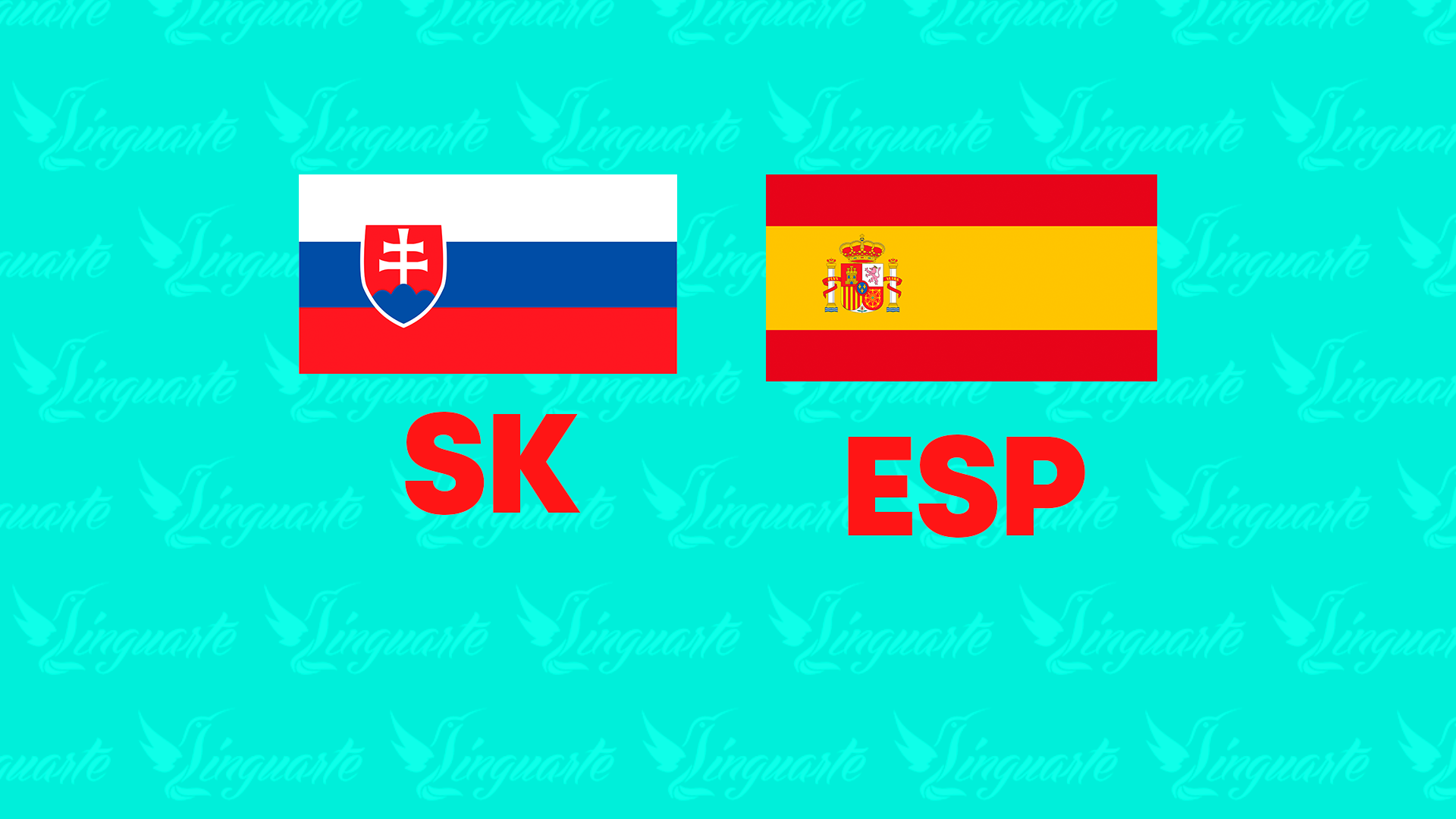Similar words between SLOVAK and SPANISH
If you are a Spanish speaker studying or living in Slovakia, or if you are a Slovak living in a Spanish-speaking country, you have probably heard some words in your native language that mean something completely different. Today at Linguarte, we will look at some words that sound the same or similar in Slovak and Spanish but have very different meanings.
Let’s get started!
1. Pero
This first word is confusing because in Slovak, “pero” means pen, but in Spanish, it is a conjunction meaning “but.” So when you hear a Slovak say “pero,” they are not trying to object to what you are saying, they just need something to write with.
2. Pera
Imagine this situation: you and your partner are about to kiss, and one of them says “pera (pear).” What do you think? Are they hungry now? Do they want a fruit? But actually, that’s not the case. Because in Slovak, what is this fruit for us (pera =pear), means “lip.” So don’t be confused. Next time, smile and continue with the kiss.
3. Mochila (Močiť)
In Spanish, the word “mochila” means this bag for carrying provisions on a trip (backpack). And surprisingly, this word sounds the same as one in Slovak, “močila.” Which is the feminine past tense of the verb “Močiť,” which means “to pee.” So if you want to confuse a Slovak completely, you can tell them in Spanish about a girl: “Qué pekné mochila!” I assure you their expression will be priceless.
4. Débil
Slovakia is a very peaceful country, and its inhabitants are not confrontational. But if you want to create problems, we can help you with a word. But why? It’s because in Slovak, the word “débil” does not mean “weak” as in Spanish, but “idiot.” It’s an insult. So use it with caution.
5. No – Ano
These are some of the words that confuse the most in both languages. It’s because “no”, that in Spanish means something negative, in Slovak is an affirmative particle meaning “sí” (yes). So, if you invite someone out and they say “no,” check in which language they said it. That will make a big difference. And to make things worse, the word “sí,” meaning “yes,” is said as “ano” (anus) in Slovak. So when someone says “ano” in Slovak, you don’t know if they agree with you or have some Freudian fixation.
But thanks to Linguarte, now you know and can avoid some quite uncomfortable confusions. Although it always seems strange to see something like this:
We hope you found this video interesting. Follow us on our social media where you will find more videos like this and other interesting facts about Slovak, Spanish, and other languages. Thank you very much.






